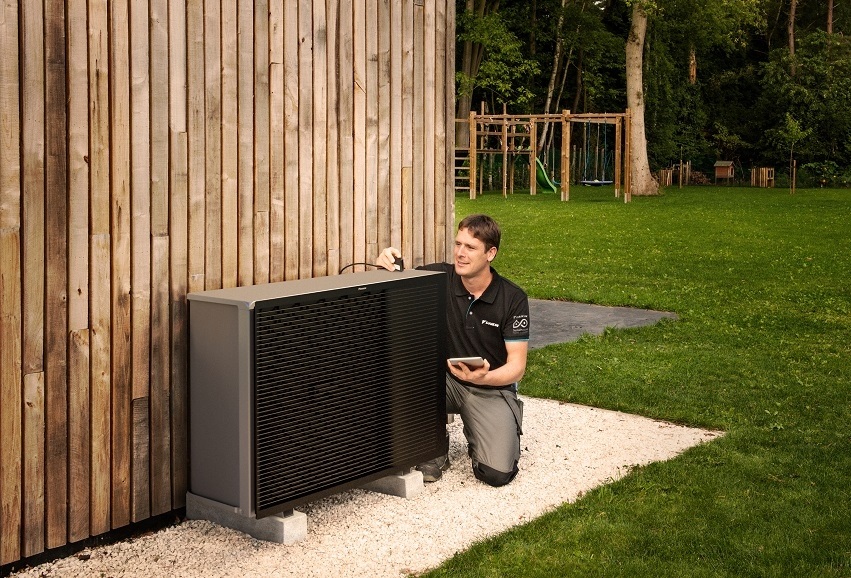In the U.K., many people use gas boilers for heating and heating accounts for about a third of greenhouse gas emissions. Carbon emissions from burning fossil fuels need to go down, and this is why it is so important to switch to green alternatives,and find options on how to find lower energy rates, such as heat pumps or biomass boilers. Low carbon alternatives are vital to reducing global warming and can ultimately make a huge difference to the planet. The initial cost of installation can be expensive, but they offer cost savings over the long term.
Why green alternatives?
U.K. residents must start considering gas boiler alternatives with a lower carbon footprint. The government plans to phase out gas boilers, and from 2025 onwards, they will be banned in new build homes. This measure is a step toward the goal of reaching a net-zero emissions target in 2050. Solutions like modern electric radiators from Best Electric Radiators will be one of the options taking the place of gas boilers in new builds.
Eventually, everyone will have to install carbon-friendly alternatives. To encourage switching to renewable heat sources, the government has a Boiler Upgrade Scheme in place, which started running in April 2022. It will help homeowners to offset the costs of installing a renewable heating system.
Electric radiators – energy-efficient and cost-effective
Modern electric radiators are energy-efficient, cost-effective and require less maintenance than gas boilers. They are easy to set up and can be wall-mounted or free-standing. Homeowners can set up specific programs for heating which make them very energy efficient. They are also efficient enough to heat large and high-ceiling rooms. Fixing electric radiators is also less costly than making repairs on many other heating systems.
Heat pumps – energy from the air or the ground
Heat pumps work by extracting heat from outside, either from the air or the ground. Air heat pumps are the most versatile and easy to install. The pump itself is still powered by electricity, so it should be a clean electricity source. With the heat coming from the air, an air heat pump is classified as a renewable energy source.
Ground source heat pumps work by using underground pipes that absorb heat from the ground. They are very efficient due to the consistent temperature, but they cost more to install than air heat pumps.
Hybrid heating systems – use the most appropriate heat source
It’s possible to switch to a heat pump without getting rid of a gas boiler. A major advantage of a hybrid system is the reduced alterations needed to the existing heating system. Having a hybrid heating system offers the benefit of being able to use either heat source when it is more efficient to do so.
A modern hybrid control system allows for the use of the most appropriate heat source and also allows the heat pump and boiler to operate in parallel, where the heat pump takes the lead, and the boiler tops up the difference. It can be expensive to install a hybrid system, but it reduces carbon emissions and cuts down on running costs.
Biomass boilers – energy from natural materials
Biomass boilers are a green alternative to gas boilers. They burn biomass fuel which consists of natural materials such as wood chips, wood logs, wood pellets etc. This type of energy is renewable energy. The initial investment to install biomass boilers is high, and maintenance can also be costly. They work best with medium to large heat loads and need a large, dry area to store the fuel. Using wood pellets requires less storage as they have a high energy density. Logs are cheaper to buy and readily available, but they require manual handling.
Solar panels – energy from the sun
Solar panels are installed on the roofs of houses and capture heat from the sun during daylight hours. The heat is used to heat water for washing. Solar thermal panels are expensive to purchase and install, but they do qualify for government subsidies and are inexpensive to maintain. As they are dependent on the sun to heat water, they work best in homes in sunny areas. In the U.K., solar systems are not yet big enough to heat homes in winter, but they do make it possible to save money on the hot water in summer.
